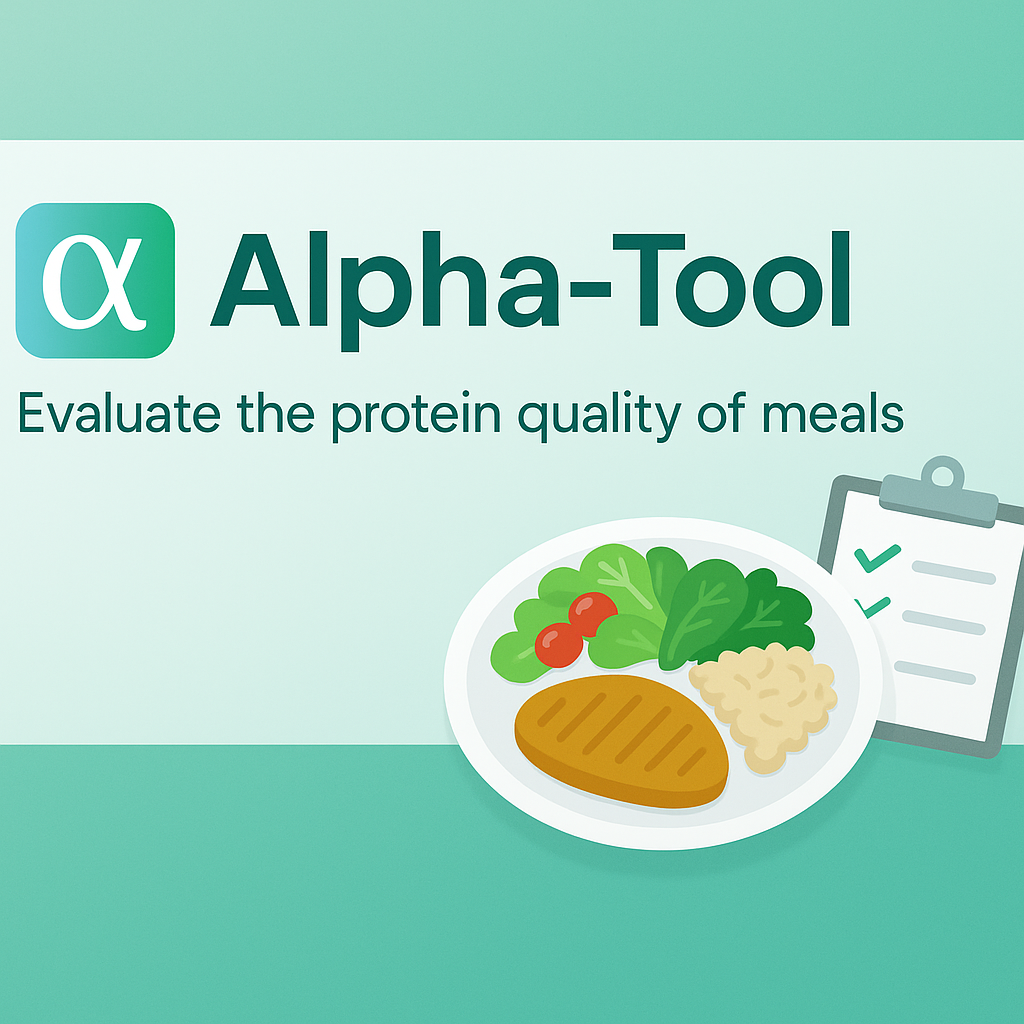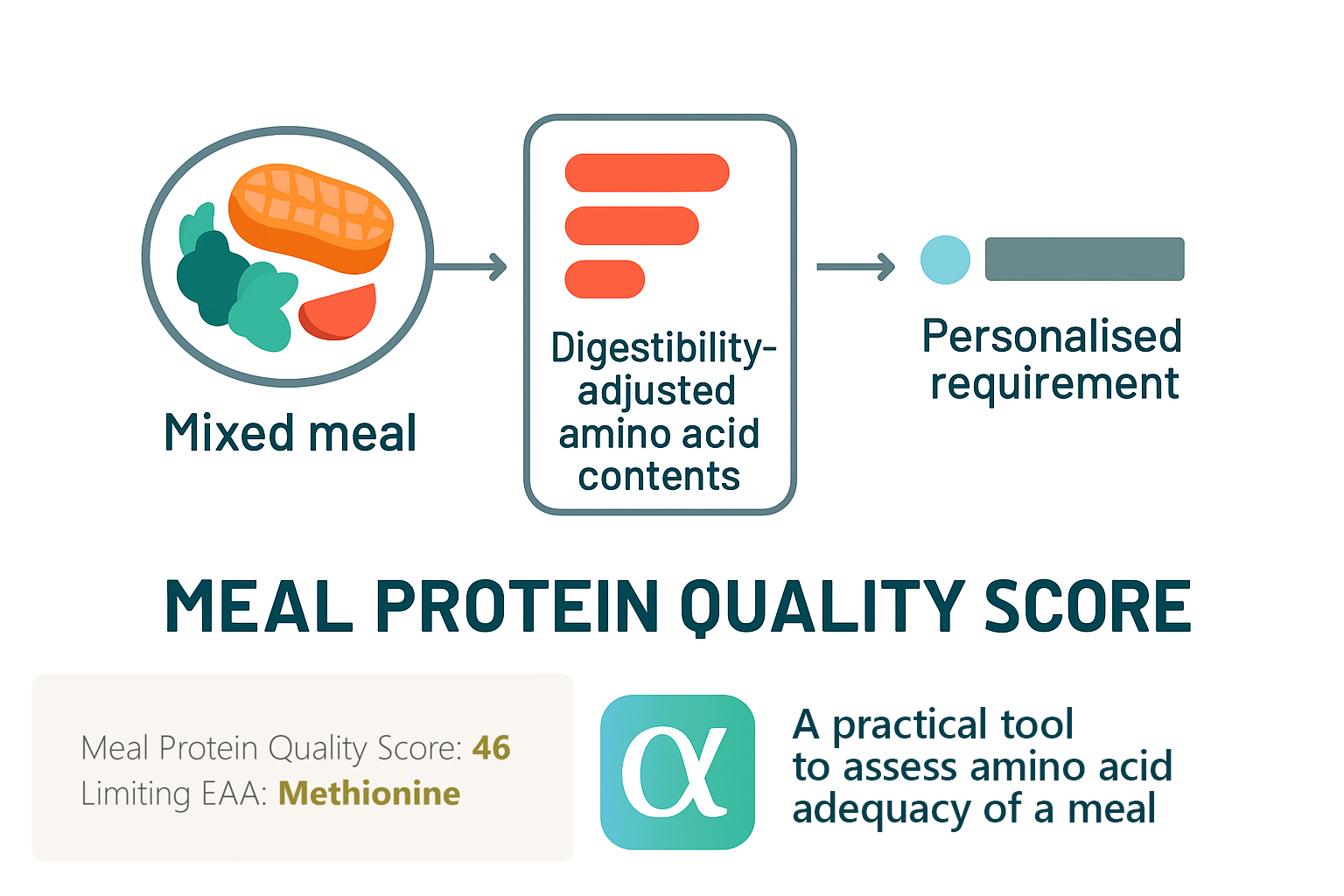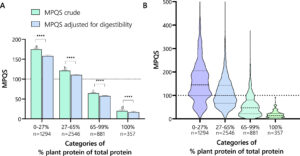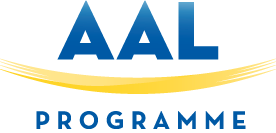Welcome to project ALPHA
Our goal and what we do
The trend, the urge, and the pressure to eat a more plant-based diet because of sustainability reasons might jeopardise rather than improve the health of older adults. Older adults have increased requirements for high-quality dietary proteins. Plant-based protein sources often lack essential amino acids, are less easy to digest and contain less iron and no vitamin B12, which are important nutrients for older adults. An uncareful transition to plant-based diets at older ages might therefore introduce nutritional deficiencies that could lead to alterations in physical and cognitive functions.
A healthy shift to plant-based diets can be achieved by careful planning. To do this, it is necessary to combine the right plant-based protein sources so that these complement each other’s limitations and jointly act as a high-quality protein blend. Solving the puzzle is hard: every ingredient has a specific amino acid profile, new plant-based products are entering the market weekly, and there are endless possible combinations of food items. We believe that solving this puzzle is overly complex and time-consuming for consumers, dietitians, and meal planners, while it should be easily solved by smart algorithms and complete datasets.
That’s why we have built Alpha Tool. This web-tool allows you to grasp the protein quality of a meal, expressed in a meal protein quality score. Curious? Check out the demo, or get started immediately.










